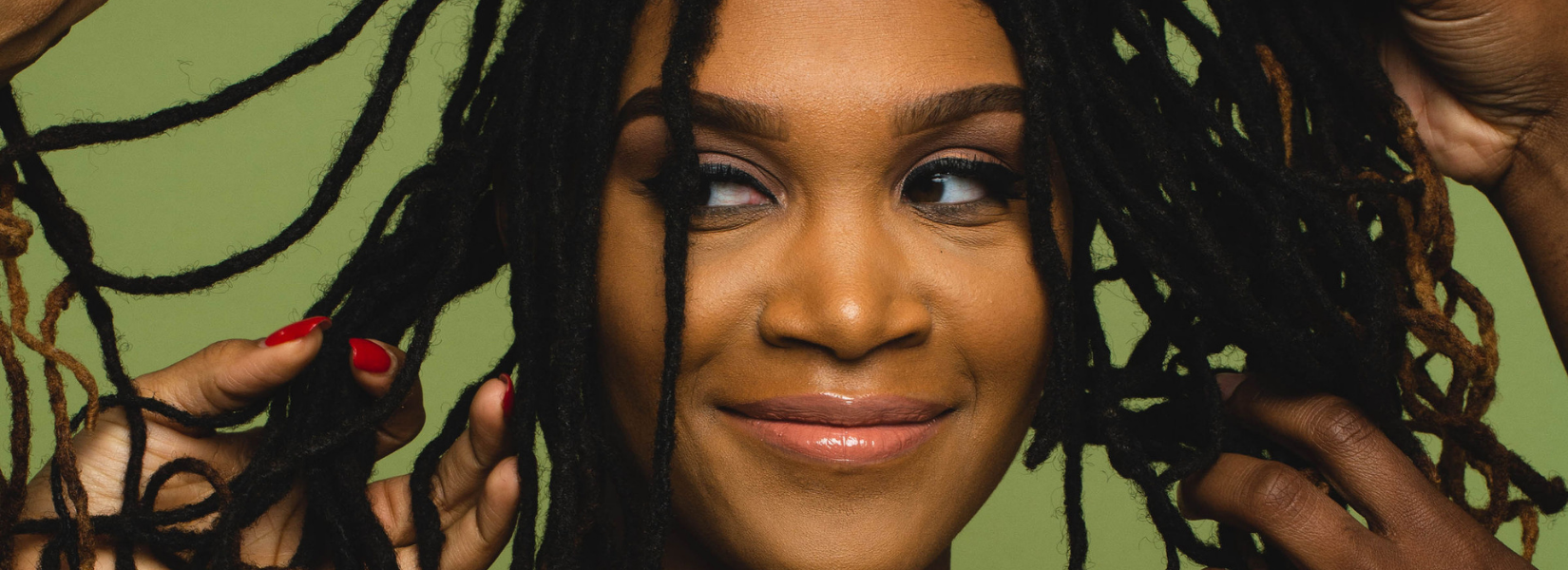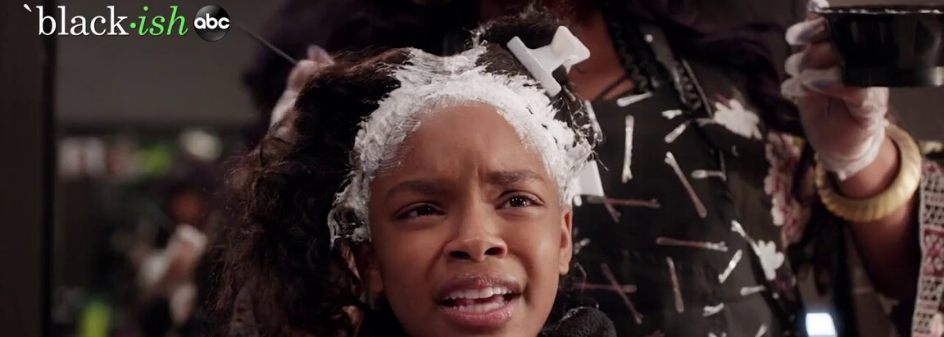So you’ve finally made it all the way to the adult locs stage, congratulations!
You’ve probably learned a lot about both yourself and your hair along this very unique journey. No matter how you’ve decided to go about starting your locs, there will still be some lessons waiting for you along the adult loc stage. Just like many of us continuously grow, and learn new things during adulthood, so too, may you discover new things about both your hair and maybe yourself during the adult stage. Here’s what to expect.
How to Know When You’ve Reached Adult Locs Stage
The question is, how do you know when you’ve finally made it to the adult stage? As soon as your locs have developed and are firmly in place, and each loc has found their home and will stand their ground, then you know you’ve made it into the adult phase. You can make it into the adult phase as early as 18 months, but it may also take several years for your locs to transition out of the mature phase. Some of us take a little longer than others, it all depends on the condition and texture of the hair. But also, how well you’ve been maintaining your locs through each phase. Your locs may feel heavier during this stage, because they can go down as far as your waist, but they will appear more slender than they did during the mature phase.
Adult Locs Maintenance
The good news is, you won't have to retwist your new growth as often during this period. At this point you should be able to get into the right groove for shampooing and moisturizing your locs with the entire Dr Locs buildup-free line.
What can go Wrong with Adult locs
Sometimes locs can break apart after you’ve had them for a long time. The ends can get weak overtime. Some people get really worked up over this, but what you may not realize is what you did at that time that created that weak point.
Your locs are a timeline. What’s happening at the ends of your locs reflects something that may have been done to the locs then, at that point in time. If you have locs down past your waist and you never cut your locs, and you started locs at 10-inches, those first 5 inches are now at the end of your locs and will be in a different condition that the hair further up your locs. Maybe you used a damaging product at one point and realized to stop using that product and used something better. The idea here is, when you have really long locs, and you see it breaking, it may be that product or treatment from years ago resurfacing.
Also color fades, and old color might appear at the ends, from the time you had color treated hair. And if it wasn't done right, or you stopped treating your hair, the color can fall off. It's not something detrimental, but it does happen.
Your locs can also reflect your health. Maybe in the past you had a bad experience, something traumatic or stressful happened in your life. That shows up in your locs. And as your hair grows out it gets better, but it can show up as indentations later on, which pulls and stretches your hair, which can then pop off.
You also may experience different breakage at this point. When you hit a certain age your hair will change and so will your scalp. Your hair can get finer and thinner, which shows in your locs. When hair is healthier and more youthful, it's thicker. When the hair texture changes, it gets thinner. Baby hairs (thinner hairs) have a hard time carrying heavier hair. This is what creates the myth that when your hair is long your hair will break off. This is false. It's just that our hair changes and many people are not aware of that. It all depends on the health of your hair and how old you were when you started your locs. If you started locs at 30 and now you're 40 years-old, then your hair might be thinner, especially if it's been 10 years or more. A hair professional will tell you what to do. Pay close attention to your scalp and examine the condition of your roots and new growth.
Some of us, after our locs have matured, use our locs to tie up the hair. This can also strain the roots. Overdoing it and overstraining your locs can cause breakage on your locs. Just because they're mature doesn't mean they are indestructible. These are key points we have to keep in mind as we age, and as our locs age with us. Our bodies change, this is completely normal. Just as our bodies change, so will our new growth. Our locs are a part of us and can reveal a lot about our life experiences. It’s okay and perfectly normal if your locs are very long and have a different story to tell rather than just a homogeneous one. If you’re worried about the condition of your hair, go see a professional. You know your locs better than anyone, but sometimes an outside opinion from a professional can offer us insight into something we may have overlooked. Find someone whose opinion about locs you can trust and don’t be afraid to ask questions.




